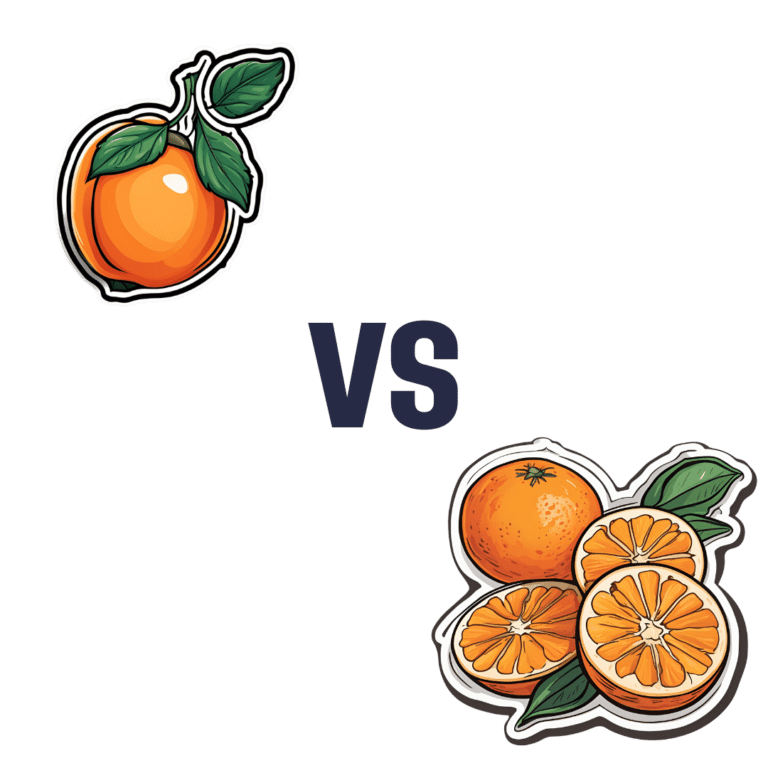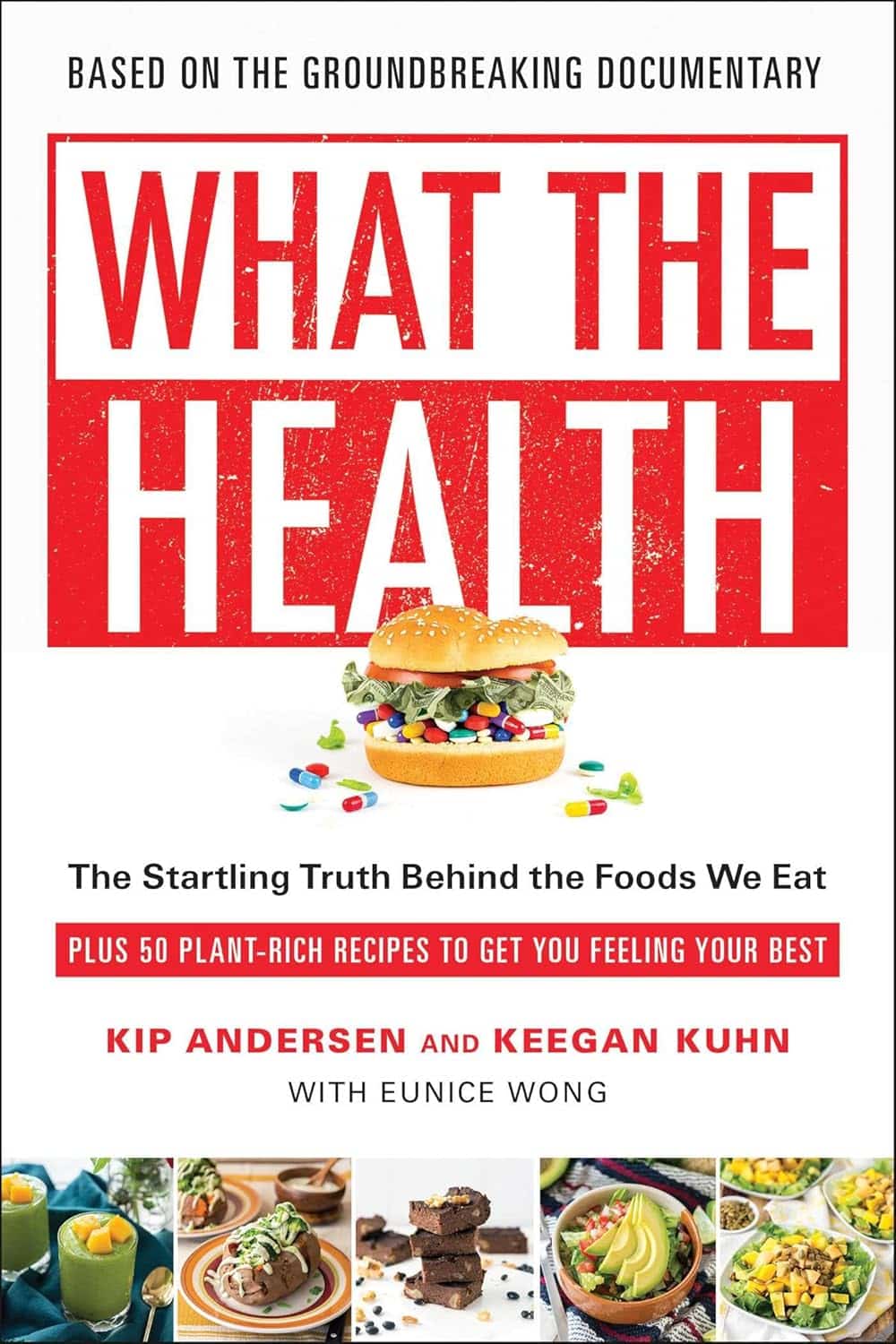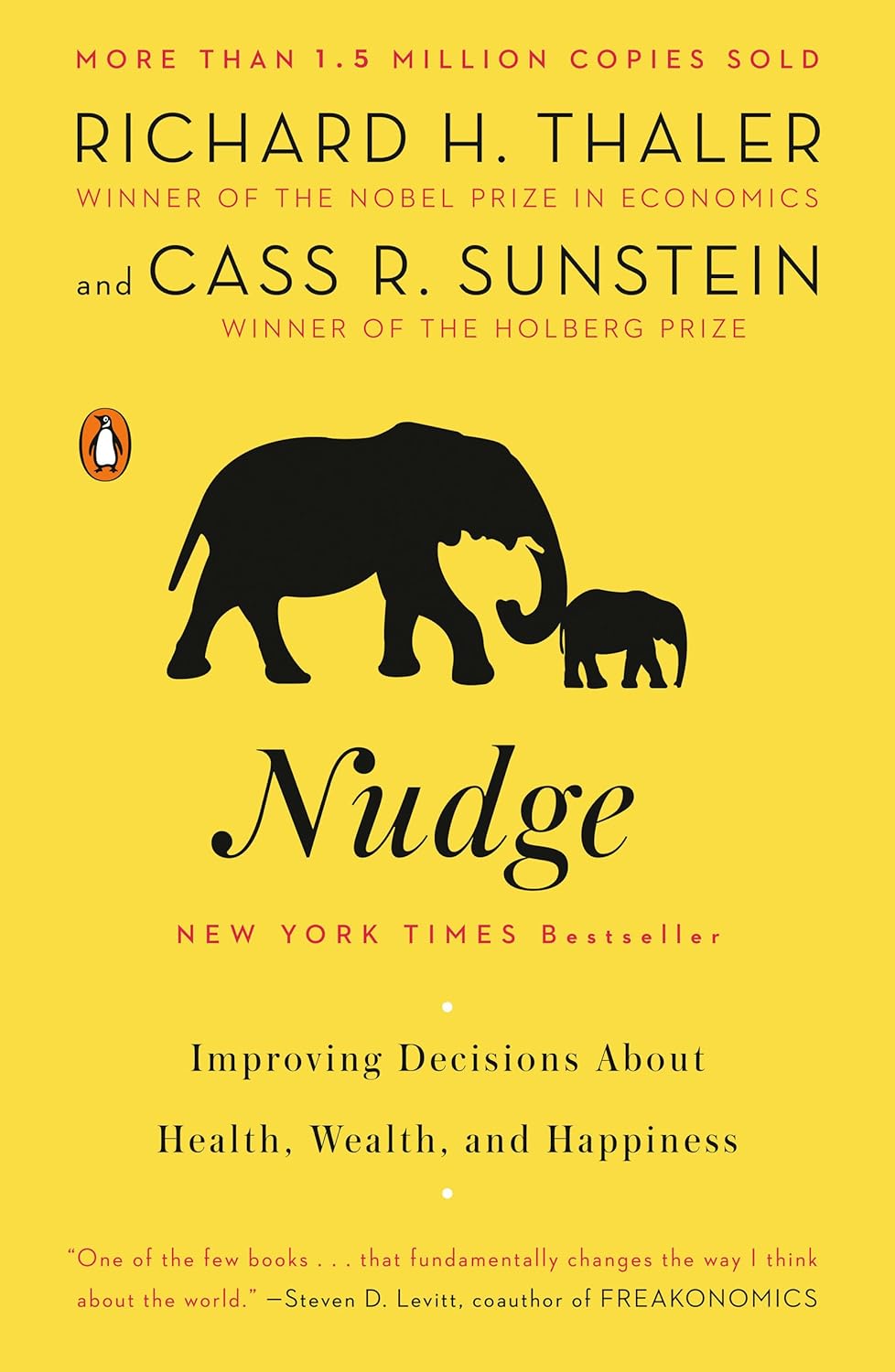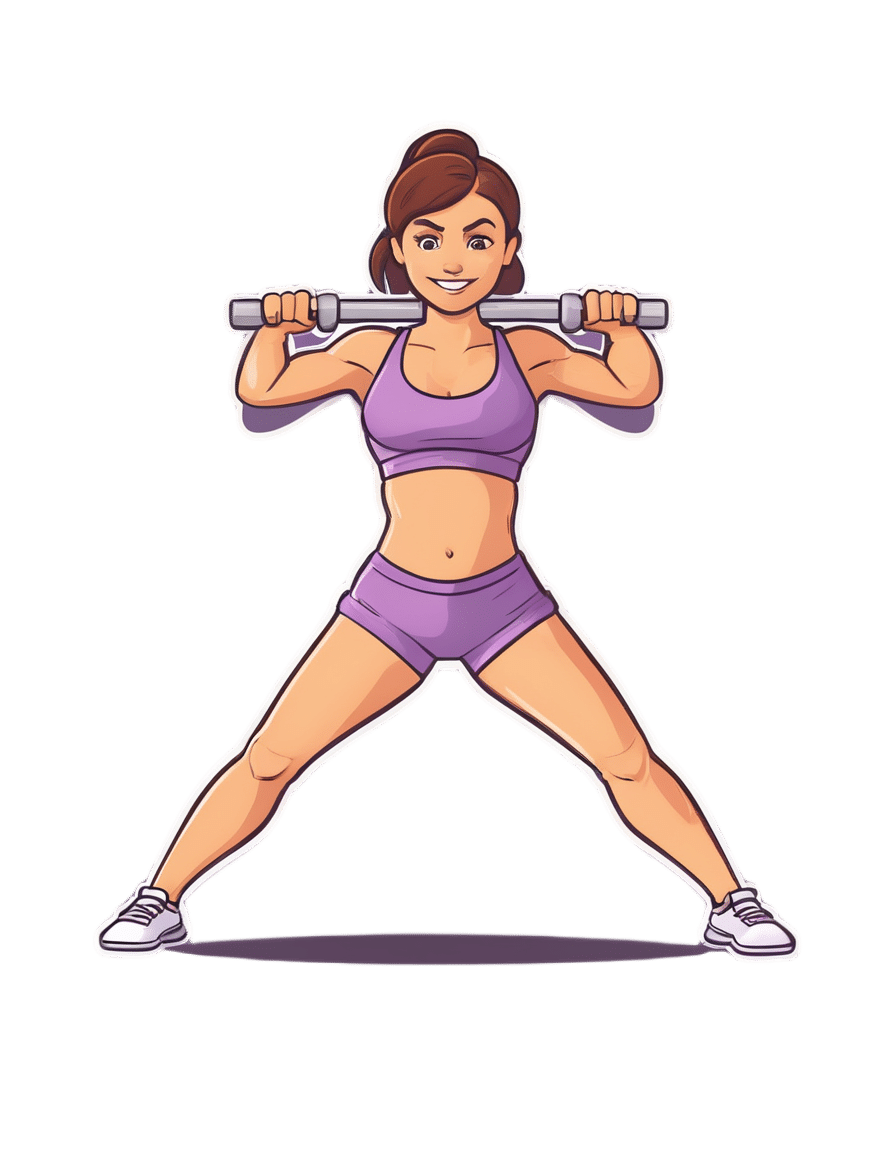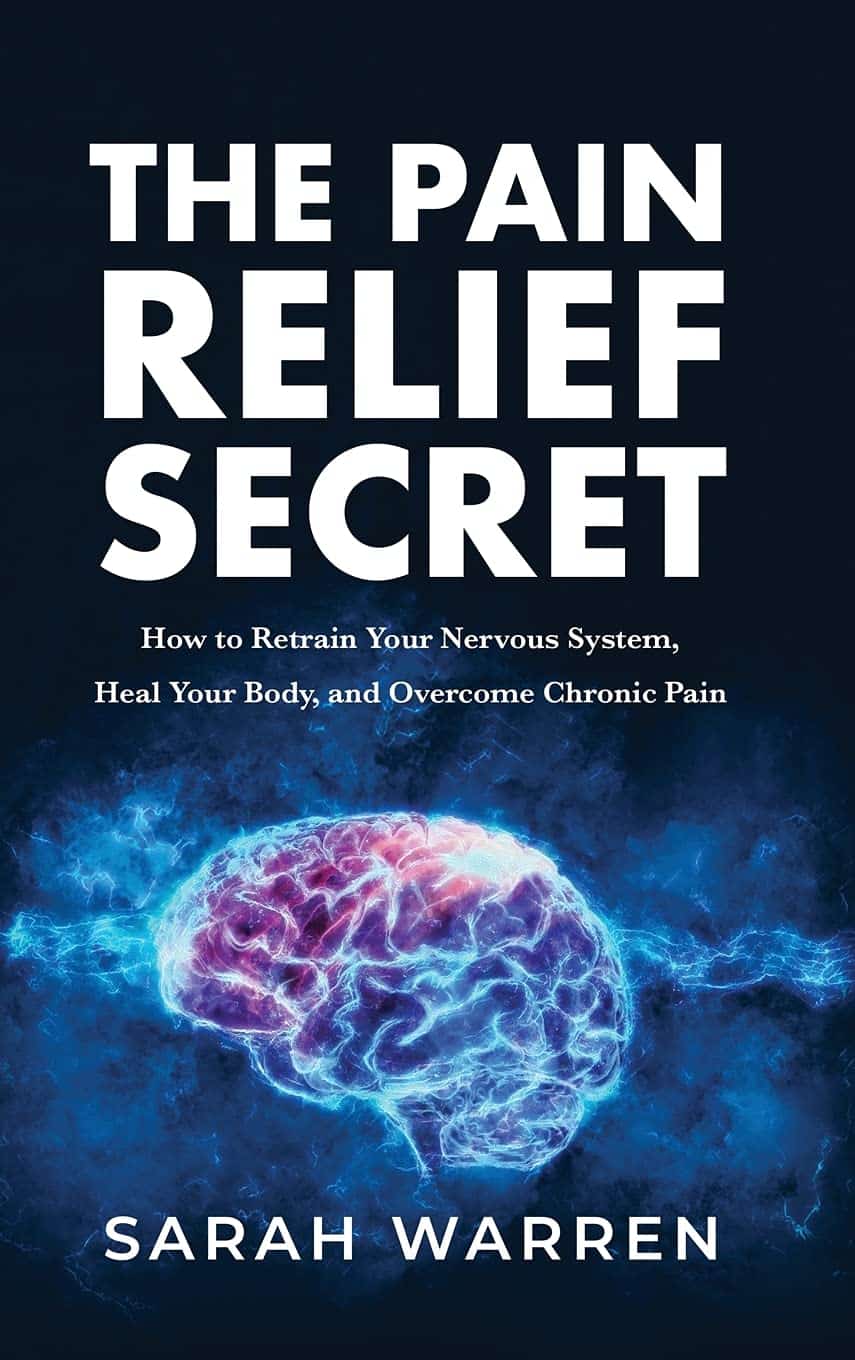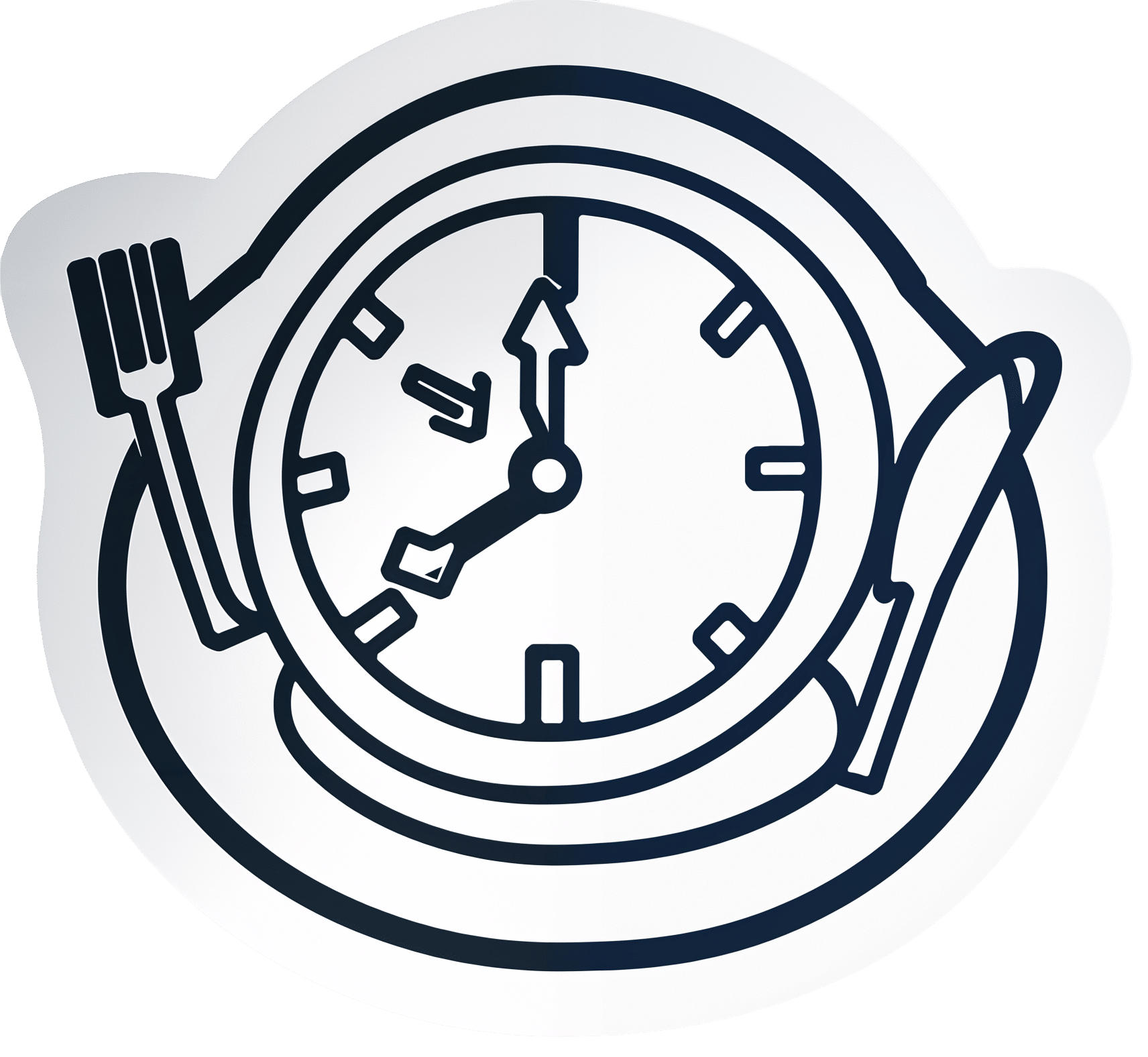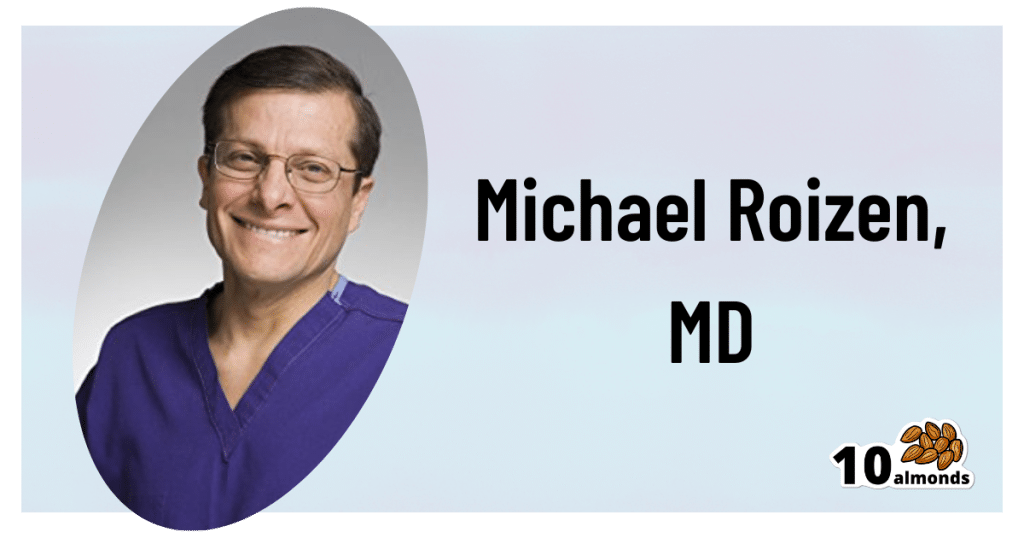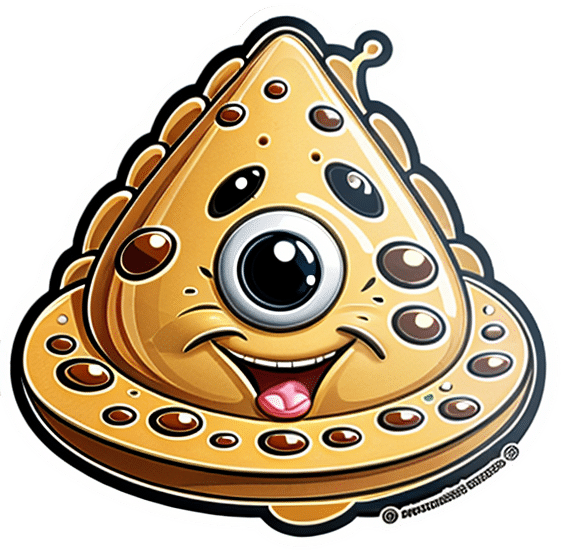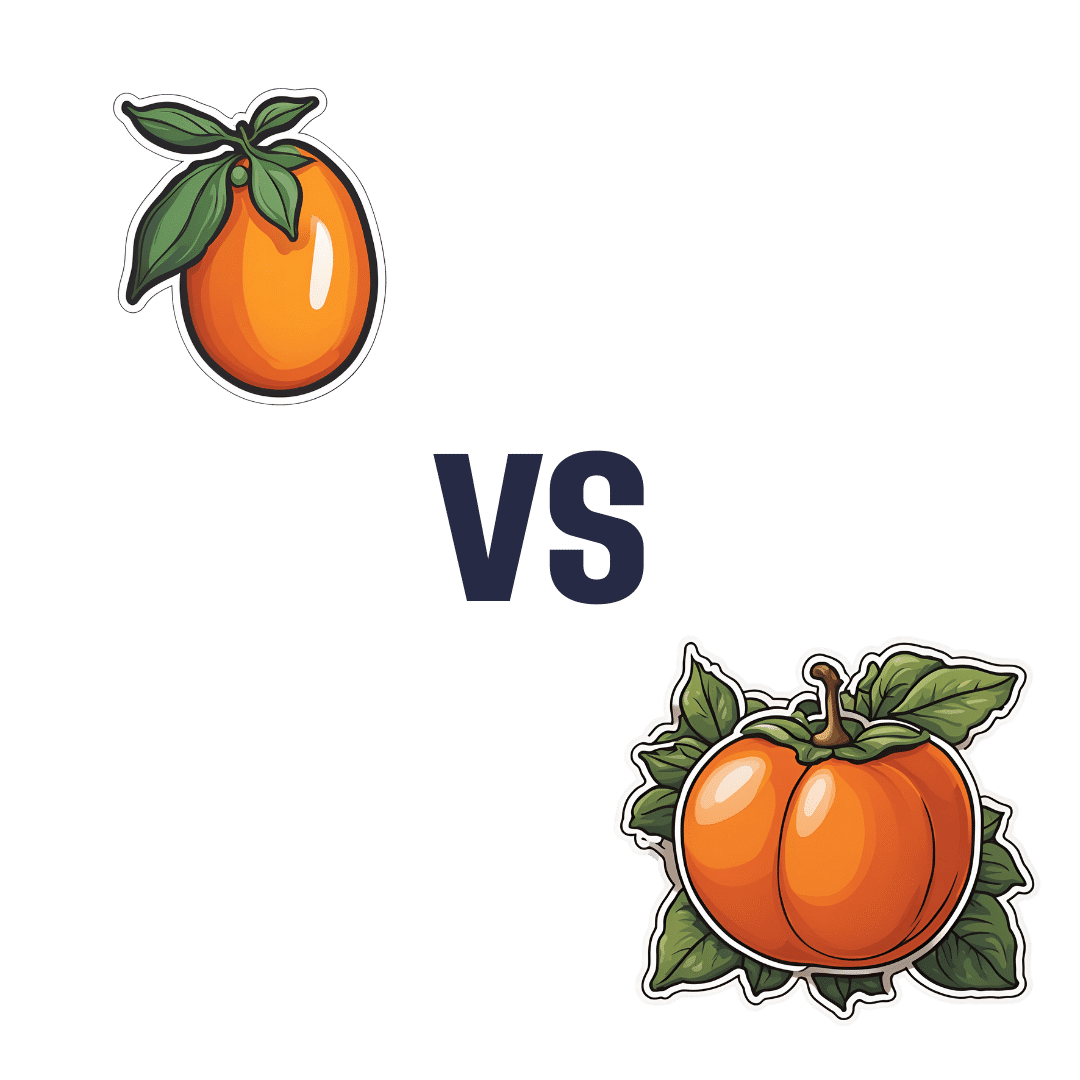
Kumquat vs Persimmon – Which is Healthier?
10almonds is reader-supported. We may, at no cost to you, receive a portion of sales if you purchase a product through a link in this article.
Our Verdict
When comparing kumquat to persimmon, we picked the kumquat.
Why?
In terms of macros, kumquats have more protein, though like most fruits, it’s unlike anybody’s eating them for the protein content. More importantly, they have a lot more fiber, for less than half the carbs. It bears mentioning though that (again, like most fruits) persimmon isn’t bad for this either, and both fruits are low glycemic index foods.
When it comes to vitamins, it’s not close: kumquats have more of vitamins A, B1, B2, B3, B5, B6, B9, E, and choline, while persimmon has more vitamin C. It’s worth noting that kumquats are already a very good source of vitamin C though; persimmon just has more.
In the category of minerals, kumquats again lead with more calcium, copper, magnesium, manganese, and zinc, while persimmon has more iron, phosphorus, and potassium.
In short, enjoy both, and/or whatever fruit you enjoy the most, but if looking for nutritional density, kumquats are bringing it.
Want to learn more?
You might like to read:
Why You’re Probably Not Getting Enough Fiber (And How To Fix It)
Take care!
Don’t Forget…
Did you arrive here from our newsletter? Don’t forget to return to the email to continue learning!
Recommended
Learn to Age Gracefully
Join the 98k+ American women taking control of their health & aging with our 100% free (and fun!) daily emails:
-
What the Health – by Kip Andersen, Keegan Kuhn, & Eunice Wong
10almonds is reader-supported. We may, at no cost to you, receive a portion of sales if you purchase a product through a link in this article.
This is a book from the makers of the famous documentary of the same name. Which means that yes, they are journalists not scientists, but they got input from very many scientists, doctors, nutritionists, and so forth, for a very reliable result.
It’s worth noting however that while a lot of the book is about the health hazards of a lot of the “Standard American Diet”, or “SAD” as it is appropriately abbreviated, a lot is also about how various industries
bribelobby the government to either push, or give them leeway to push, their products over healthier ones. So, there’s a lot about what would amount to corruption if it weren’t tied up in legalese that makes it just “lobbying” rather than bribery.The style is mostly narrative, albeit with very many citations adding up to 50 pages of references. There’s also a recipe section, which is… fairly basic, and despite getting a shoutout in the subtitle, the recipes are certainly not the real meat of the book.
The recipes themselves are entirely plant-based, and de facto vegan.
Bottom line: this one’s more of a polemic against industry malfeasance than it is a textbook of nutrition science, but there is enough information in here that it could have been the textbook if it wanted to, changing only the style and not the content.
Click here to check out What The Health, and make informed choices about yours!
Share This Post
-
Nudge – by Richard Thaler & Cass Sunstein
10almonds is reader-supported. We may, at no cost to you, receive a portion of sales if you purchase a product through a link in this article.
How often in life do we make a suboptimal decision that ends up plaguing us for a long time afterwards? Sometimes, a single good or bad decision can even directly change the rest of our life.
So, it really is important that we try to optimize the decisions we do make.
Professors Richard Thaler and Cass Sunstein look at all kinds of decision-making in this book. Their goal, as per the subtitle, is “improving decisions about health, wealth, and happiness”.
For the most part, the book concentrates on “nudges”. Small factors that influence our decisions one way or another.
Most importantly: that some of them are very good reasons to be nudged; others, very bad ones. And they often look similar.
Where this book excels is in highlighting the many ways we make decisions without even thinking about it… or we think about it, but only down a prescribed, foreseen track, to an externally expected conclusion (for example, an insurance company offering three packages, but two of them exist only to direct you to the “correct” choice).
A weakness of the book is that in some aspects it’s a little inconsistent. The authors describe their economic philosophy as “libertarian paternalism”, and as libertarians they’re against mandates, except when as paternalists they’re for them. But, if we take away their labels, this boils down to “some mandates can be good and some can be bad”, which would not be so inconsistent after all.
Bottom line: if you’d like to better understand your own decision-making processes through the eyes of policy-setting economists (especially Sunstein, who worked for the White House Office of Information & Regulatory Affairs) whose job it is to make sure you make the “right” decisions, then this is a very enlightening book.
Click here to check out Nudge and improve your decision-making clarity!
Share This Post
-
Why are my muscles sore after exercise? Hint: it’s nothing to do with lactic acid
10almonds is reader-supported. We may, at no cost to you, receive a portion of sales if you purchase a product through a link in this article.
As many of us hit the gym or go for a run to recover from the silly season, you might notice a bit of extra muscle soreness.
This is especially true if it has been a while between workouts.
A common misunderstanding is that such soreness is due to lactic acid build-up in the muscles.
Research, however, shows lactic acid has nothing to do with it. The truth is far more interesting, but also a bit more complex.
It’s not lactic acid
We’ve known for decades that lactic acid has nothing to do with muscle soreness after exercise.
In fact, as one of us (Robert Andrew Robergs) has long argued, cells produce lactate, not lactic acid. This process actually opposes not causes the build-up of acid in the muscles and bloodstream.
Unfortunately, historical inertia means people still use the term “lactic acid” in relation to exercise.
Lactate doesn’t cause major problems for the muscles you use when you exercise. You’d probably be worse off without it due to other benefits to your working muscles.
Lactate isn’t the reason you’re sore a few days after upping your weights or exercising after a long break.
So, if it’s not lactic acid and it’s not lactate, what is causing all that muscle soreness?
Muscle pain during and after exercise
When you exercise, a lot of chemical reactions occur in your muscle cells. All these chemical reactions accumulate products and by-products which cause water to enter into the cells.
That causes the pressure inside and between muscle cells to increase.
This pressure, combined with the movement of molecules from the muscle cells can stimulate nerve endings and cause discomfort during exercise.
The pain and discomfort you sometimes feel hours to days after an unfamiliar type or amount of exercise has a different list of causes.
If you exercise beyond your usual level or routine, you can cause microscopic damage to your muscles and their connections to tendons.
Such damage causes the release of ions and other molecules from the muscles, causing localised swelling and stimulation of nerve endings.
This is sometimes known as “delayed onset muscle soreness” or DOMS.
While the damage occurs during the exercise, the resulting response to the injury builds over the next one to two days (longer if the damage is severe). This can sometimes cause pain and difficulty with normal movement.
The upshot
Research is clear; the discomfort from delayed onset muscle soreness has nothing to do with lactate or lactic acid.
The good news, though, is that your muscles adapt rapidly to the activity that would initially cause delayed onset muscle soreness.
So, assuming you don’t wait too long (more than roughly two weeks) before being active again, the next time you do the same activity there will be much less damage and discomfort.
If you have an exercise goal (such as doing a particular hike or completing a half-marathon), ensure it is realistic and that you can work up to it by training over several months.
Such training will gradually build the muscle adaptations necessary to prevent delayed onset muscle soreness. And being less wrecked by exercise makes it more enjoyable and more easy to stick to a routine or habit.
Finally, remove “lactic acid” from your exercise vocabulary. Its supposed role in muscle soreness is a myth that’s hung around far too long already.
Robert Andrew Robergs, Associate Professor – Exercise Physiology, Queensland University of Technology and Samuel L. Torrens, PhD Candidate, Queensland University of Technology
This article is republished from The Conversation under a Creative Commons license. Read the original article.
Share This Post
Related Posts
-
The Pain Relief Secret – by Sarah Warren
10almonds is reader-supported. We may, at no cost to you, receive a portion of sales if you purchase a product through a link in this article.
This one’s a book to not judge by the cover—or the title. The title is actually accurate, but it sounds like a lot of woo, doesn’t it?
Instead, what we find is a very clinical, research-led (40 pages of references!) explanation of:
- the causes of musculoskeletal pain
- how this will tend to drive us to make it worse
- what we can do instead to make it better
A lot of this, to give you an idea what to expect, hinges on the fact that bones only go where muscles allow/move them; muscles only behave as instructed by nerves, and with a good development of biofeedback and new habits to leverage neuroplasticity, we can take more charge of that than you might think.
Warning: you may want to jump straight into the part with the solutions, but if you do so without a very good grounding in anatomy and physiology, you may find yourself out of your depth with previously-explained terms and concepts that are now needed to understand (and apply) the solutions.
However, if you read it methodically cover-to-cover, you’ll find you need no prior knowledge to take full advantage of this book; the author is a very skilled educator.
Bottom line: while it’s not an overnight magic pill, the methodology described in this book is a very sound way to address the causes of musculoskeletal pain.
Click here to check out The Pain Relief Secret, and help your body undo damage done!
Don’t Forget…
Did you arrive here from our newsletter? Don’t forget to return to the email to continue learning!
Learn to Age Gracefully
Join the 98k+ American women taking control of their health & aging with our 100% free (and fun!) daily emails:
-
Strategic Wellness
10almonds is reader-supported. We may, at no cost to you, receive a portion of sales if you purchase a product through a link in this article.
Strategic Wellness: planning ahead for a better life!
This is Dr. Michael Roizen. With hundreds of peer-reviewed publications and 14 US patents, his work has been focused on the importance of lifestyle factors in healthy living. He’s the Chief Wellness Officer at the world-famous Cleveland Clinic, and is known for his “RealAge” test and related personalized healthcare services.
If you’re curious about that, you can take the RealAge test here.
(they will require you inputting your email address if you do, though)
What’s his thing?
Dr. Roizen is all about optimizing health through lifestyle factors—most notably, diet and exercise. Of those, he is particularly keen on optimizing nutritional habits.
Is this just the Mediterranean Diet again?
Nope! Although: he does also advocate for that. But there’s more, he makes the case for what he calls “circadian eating”, optimally timing what we eat and when.
Is that just Intermittent Fasting again?
Nope! Although: he does also advocate for that. But there’s more:
Dr. Roizen takes a more scientific approach. Which isn’t to say that intermittent fasting is unscientific—on the contrary, there’s mountains of evidence for it being a healthful practice for most people. But while people tend to organize their intermittent fasting purely according to convenience, he notes some additional factors to take into account, including:
- We are evolved to eat when the sun is up
- We are evolved to be active before eating (think: hunting and gathering)
- Our insulin resistance increases as the day goes on
Now, if you’ve a quick mind about you, you’ll have noticed that this means:
- We should keep our eating to a particular time window (classic intermittent fasting), and/but that time window should be while the sun is up
- We should not roll out of bed and immediately breakfast; we need to be active for a bit first (moderate exercise is fine—this writer does her daily grocery-shopping trip on foot before breakfast, for instance… getting out there and hunting and gathering those groceries!)
- We should not, however, eat too much later in the day (so, dinner should be the smallest meal of the day)
The latter item is the one that’s perhaps biggest change for most people. His tips for making this as easy as possible include:
- Over-cater for dinner, but eat only one portion of it, and save the rest for an early-afternoon lunch
- First, however, enjoy a nutrient-dense protein-centric breakfast with at least some fibrous vegetation, for example:
- Salmon and asparagus
- Scrambled tofu and kale
- Yogurt and blueberries
Enjoy!
Don’t Forget…
Did you arrive here from our newsletter? Don’t forget to return to the email to continue learning!
Learn to Age Gracefully
Join the 98k+ American women taking control of their health & aging with our 100% free (and fun!) daily emails:
-
Give Your Adrenal Glands A Chance
10almonds is reader-supported. We may, at no cost to you, receive a portion of sales if you purchase a product through a link in this article.
The Hats Of Wrath
Your adrenal glands are two little hat-shaped glands that sit on top of your kidneys (like your kidneys are wearing them as hats, in fact).
They produce adrenaline, as you might have guessed, and also cortisol and aldosterone, which you might or might not have known, as well as some miscellaneous corticosteroids that are beyond the scope of today’s article.
Fun fact! For a long time, doctors thought adrenal glands were much larger than they usually are, because of learning anatomy from corpses that were dissected, but invariably the corpses were those of poor people, especially criminals, whose adrenal glands were almost always overworked and swollen.
You don’t want yours to be like that.
What goes wrong
Assuming you don’t have a rare disorder like Addison’s disease (in which the adrenal glands don’t produce enough of the hormones they’re supposed to), your adrenal glands will usually not have trouble producing enough adrenaline et al.
However, as we learned from the Victorian vagabonds, they can also have no problems producing too much—much like any organ that gets overworked, however, this has consequences.
Hopefully you’re not living a life of stressful crime on the streets, but maybe you have other reasons your adrenal glands are working overtime, such as any source of chronic stress, bad sleep (can’t recharge without this downtime), overuse of stimulants (including caffeine and/or nicotine), and, counterintuitively, alcohol. All these things can tax the adrenal glands considerably.
When this happens, in the extreme we can get Cushing’s syndrome, characterized by the symptoms: hypertension, cortisol-based fat distribution i.e. especially face and abdomen, weakness, fragile easily irritable skin, hair loss and/or hirsutism, paradoxically, and of course general fatigue.
In the non-extreme, we get all the same symptoms just to a lower level, and experience what the medical profession is begging us not to call “Adrenal Fatigue Syndrome” because that’s not an official diagnosis, whereas if it gets a name then they’ll be expected to treat it.
What keeps things going right
Obviously, the opposite of the above, for a start. Which means:
Manage chronic stress; see: How To Manage Chronic Stress
Get good sleep; see: Why You Probably Need More Sleep
Go easy on the caffeine; see: Caffeine Mythbusting
Skip the nicotine; see: Nicotine Benefits (That We Don’t Recommend)!
Avoid alcohol; see: How To Reduce Or Quit Alcohol
There are specific vitamins and minerals that support adrenal health too; they are: vitamins B5, B6, B12, C, & D, and also magnesium and zinc.
Good dietary sources of the above include green leafy things, cruciferous vegetables*, nuts and seeds, avocados, olive oil, and if you eat fish, then also fatty fish.
In contrast, it is good to cut down (or avoid entirely) red meat and unfermented dairy.
*Unsure how to get cruciferous vegetables in more often? Try today’s featured recipe, superfood broccoli pesto
Want to know more?
A large part of adrenal health is about keeping cortisol levels down generally (except: for most of us, we can have a little hormesis, as a treat), so for the rest of that you might like to read:
Lower Your Cortisol! (Here’s Why & How)
Take care!
Don’t Forget…
Did you arrive here from our newsletter? Don’t forget to return to the email to continue learning!
Learn to Age Gracefully
Join the 98k+ American women taking control of their health & aging with our 100% free (and fun!) daily emails:

